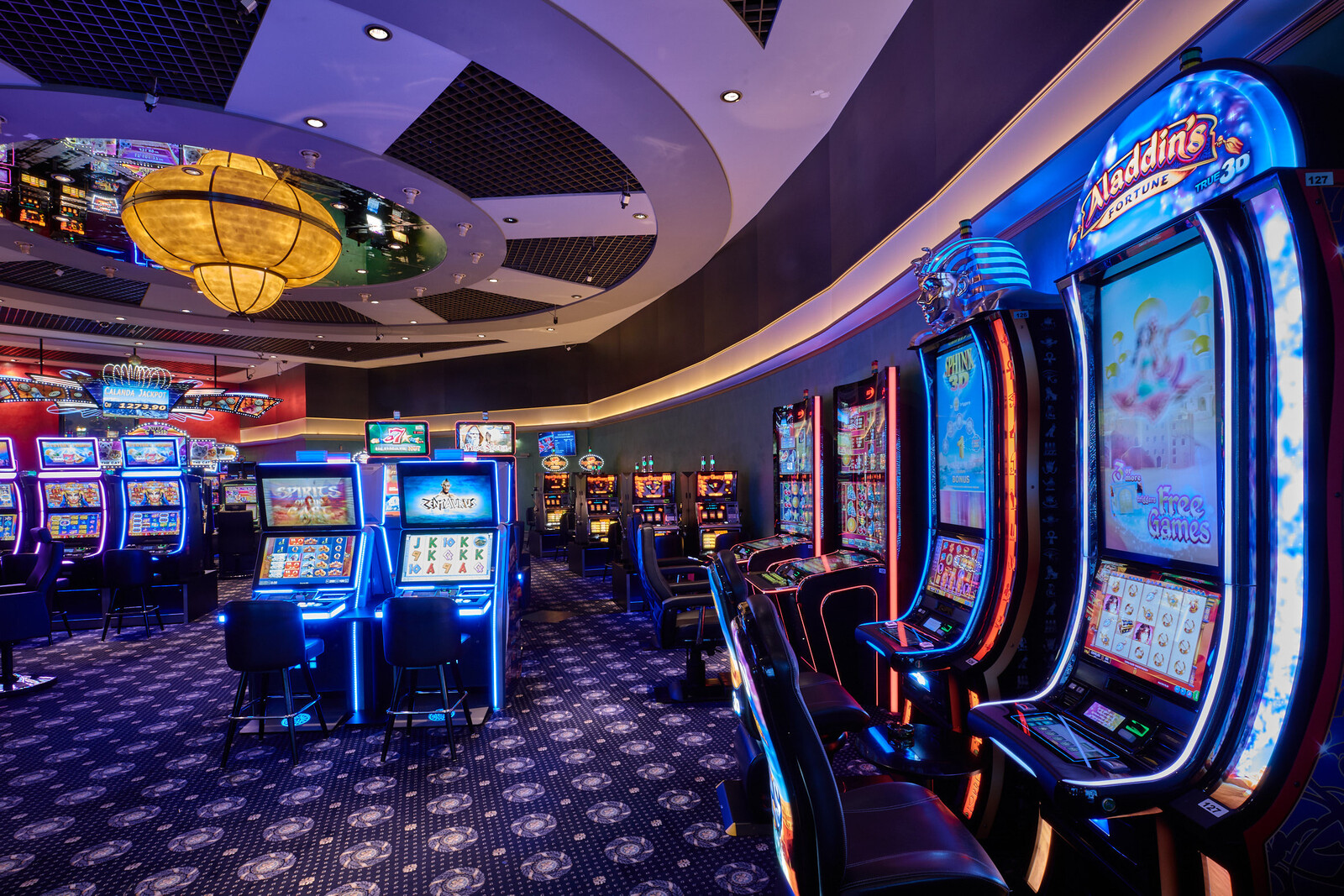
Casino experiences have fascinated players for centuries, evolving from basic recreational activities to intricate adventures that integrate chance, strategy, and amusement. From the early beginnings of gambling in cultures like Mesopotamia and Rome to the glitzy corridors of current casinos, the evolution of these games shows much about our nature and our interaction with chance Truyenqq. As cultures blended and technological advancements have occurred, casino games have evolved, reflecting shifts in society and innovations in gameplay.
The initial iterations of gambling likely included basic dice games and placing bets on the outcomes of sports competitions. Over time, these primitive activities grew into better-organized games like table games, the roulette wheel, and the variety of slot machines that fill the premises of casinos today. Each era brought its own set of rules, aesthetics, and cultural importance. In the current era, casino games continue to evolve with the rise of online platforms, enabling players from all corners of the globe to engage in a shared experience, further blending the traditional with the modern era.
Ancient Roots of Casino Activities
Gaming activities have roots that stretch back to ancient societies, where betting was deeply integrated in cultural practices and social rituals. The first known forms of gambling appeared in ancient Mesopotamia around 3000 BC, including basic die activities made from knuckle bones. These initial activities laid the foundation for more complex gambling activities, showing human beings’ natural desire to pursue fortune and entertainment through luck.
As societies evolved, so did their gambling pursuits. In early China, around 2300 BC, objects were found that were similar to early basic versions of a lottery game. More structured forms of betting developed in the Roman civilization, where games of chance were a common recreation, often taking place in social events. The Romans developed various betting activities, which entailed dice and board games, illustrating the pervasive nature of gambling across different economic strata.
With the flow of time, these early activities shaped the progress of contemporary casino activities. In the medieval period, card games became prevalent in European culture, paving the way for the organized gaming venues we know today. The change from casual gambling to formal gaming in taverns and private homes marked a significant transformation in how people engaged with games of chance, leading to the eventual creation of casinos as dedicated venues for betting.
The Growth of Current Casino Gaming
The final 20th century marked a significant change in the realm of gambling games, driven by technological advancements and transformations in societal views towards gambling. The introduction of computers and the internet transformed the way players engaged with their preferred casino games. Virtual casinos emerged, enabling gamers to enjoy timeless casino classics like poker and 21 from the safety of their homes. This emerging online environment not only broadened access to casino games but also drew in a fresh audience who found the comfort and variety attractive.
As digital gambling gained popularity, so did advancements in casino tech. The advancement of advanced software and graphics changed conventional casino games into captivating adventures. Gamblers could now connect with live dealers through live streaming, bringing the vibe of brick-and-mortar casinos directly into their homes. This fusion of live gaming with online platforms created a new hybrid model that enhanced the social aspect of playing, making it possible for people to connect and compete with fellow gamers around the world.
Furthermore, the rise of gaming on mobile devices substantially changed the casino landscape. With the ubiquitous use of smartphones and touch devices, players can play their beloved gaming options anywhere, anytime. Mobile apps offer a vast array of options tailored for mobile screens, serving the busy daily life of modern users. This easy access has produced growing engagement in gambling, contributing to the rapid expansion of the gaming industry. As a result, the outlook of the gaming industry continues to evolve, adjusting to technological advancements and shifting consumer preferences.
The Impact of Technology on Casino Games
The evolution of technology has significantly transformed casino games, enhancing the overall experience for players for gamblers globally. As the internet emerged, online casinos emerged, allowing players to enjoy their favorite games from the safety of their own homes. This shift not only made casino games more accessible but also increased the variety of games offered, as online platforms could host numerous variations of traditional games without the physical constraints of brick-and-mortar establishments.
The rise of mobile technology further transformed the casino gaming landscape. With the proliferation, players now have the ability to play casino games anytime and anywhere. This flexibility has resulted in the creation of dedicated mobile applications and optimized websites that offer smooth gaming experiences. Additionally, innovations such as live dealer games have brought the genuine feel of a casino into players’ homes, connecting between physical and online gaming.
Moreover, advancements in AI and virtual reality are paving the way for the next generation of casino games. AI improves game design and player interaction, creating tailored experiences based on user behavior and preferences. Meanwhile, virtual reality provides immersive environments where players can interact in a virtual casino environment, making the gaming experience more exciting and realistic. As technology continues to evolve, the future of casino games looks promising, filled with limitless opportunities for advancements and entertainment.